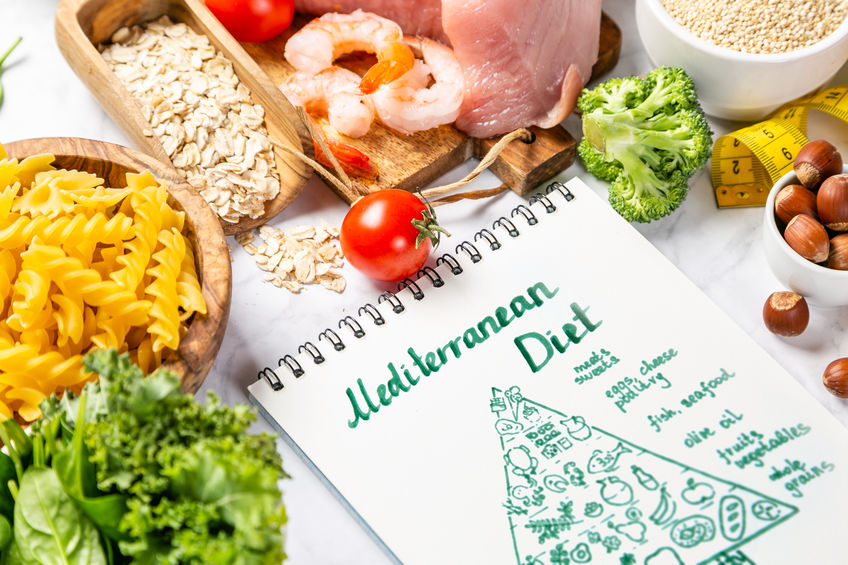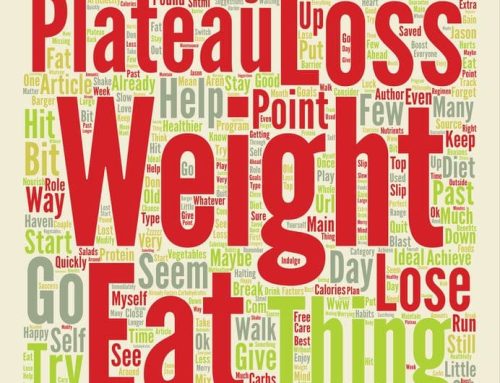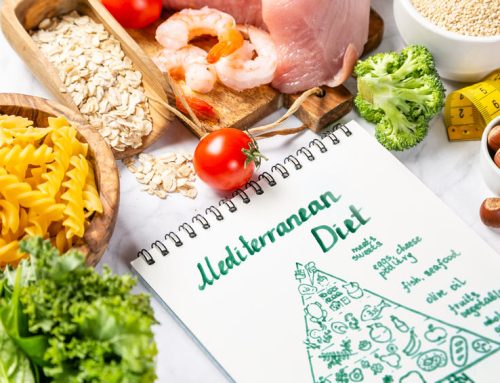What’s the best diet to prevent Covid? New research investigated this topic. A recent review of research published in the journal Diseases has shown that anti-inflammatory diets can be useful in preventing severe acute respiratory syndrome coronavirus infection or reducing the severity of COVID-19.
Background
The COVID-19 pandemic has put a significant burden on many countries’ socioeconomic and healthcare systems, with more than 248 million infections and over 5 million deaths recorded to date.
Although COVID-19 remains asymptomatic or mildly symptomatic in the majority of infected people, it may cause severe life-threatening consequences in susceptible people, including older adults, immunocompromised patients, and those with comorbidities.
The primary hallmark of severe COVID-19 is hyperinflammation characterized by excessive secretion of cytokines and chemokines. Such hyperactivation of the immune system is collectively known as “cytokine storm,” which subsequently leads to immune cell apoptosis, delayed viral clearance, alveolar barrier disruption, and pulmonary injury.
It is well-documented in the literature that a healthy diet is important for the proper functioning of the immune system. Conversely, people with poor nutritional status appear to have weakened immune systems, making them more susceptible to viral infections. Given the pathophysiology of COVID-19, anti-inflammatory diets are expected to reduce immunopathological burdens of the disease.
New Study on Best Diet to Prevent Covid
• The scientists reviewed current research, which included all articles that studied the impact of dietary micro/macronutrients on COVID-19-related hyperinflammation.
• They specifically selected clinical trials, randomized controlled trials, meta-analyses, and review articles published between January 2020 and June 2021.
• After excluding non-human studies, they selected and discussed 17 studies in the current review.
Discovery of Nutrient Deficiencies
The studies selected in the review reported that COVID-19 patients with nutrient deficiency take longer to recover. In addition, the majority of hospitalized patients appeared to have at least one nutrient deficiency.
As nutritional interventions for COVID-19 management, the studies primarily focused on some critical anti-inflammatory dietary components, including vitamins C and D, zinc, and omega-3 fatty acids, as well as the Mediterranean diet.
Mediterranean diet
The Mediterranean diet, comprised of vegetables and fruits, legumes, fish, and olive oil, is known to have potent anti-inflammatory, immunomodulatory, antioxidant, and anti-thrombotic properties. It is well-documented that the Mediterranean diet is highly effective in managing cardiovascular, pulmonary, and metabolic diseases.
Regarding COVID-19 management, studies have shown that the diet effectively reduces the length of hospital stay and mortality rate in COVID-19 patients aged above 65 years. Moreover, the diet has been known to reduce the risk of SARS-CoV-2 infection as well as the short-term and long-term complications associated with COVID-19.
Eat a Healthy Diet Rather Than Take Supplements
The authors conclude:
• No single diet or food item has been proven to prevent COVID-19 infections.
• Despite evidence that some supplements can affect outcomes in other respiratory tract infections, such as reduced inflammation marker levels, shortened ICU stay lengths, and incidence of infections, it is still unknown whether dietary supplements or nutraceuticals can therapeutically alter patient outcomes against COVID-19.
• Furthermore, there is little research linking them with the prevention of COVID-19.
• With the aid of larger-scale COVID-19 clinical trials and investigations, the therapeutic or preventative functions of a nutrient approach will likely be clarified.
• Until then, the public should focus on immunization through vaccination and prioritize appropriate nutritional status, and encouraging an active lifestyle.”
Click here to read more about the best diet to prevent Covid.







